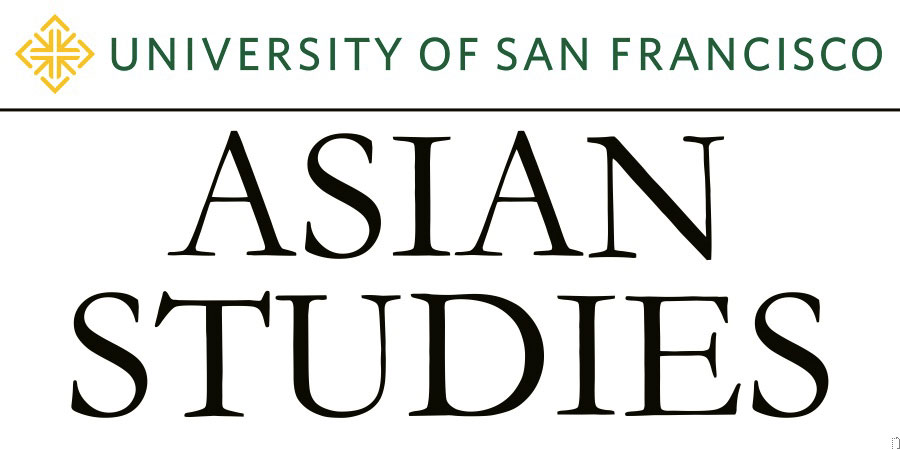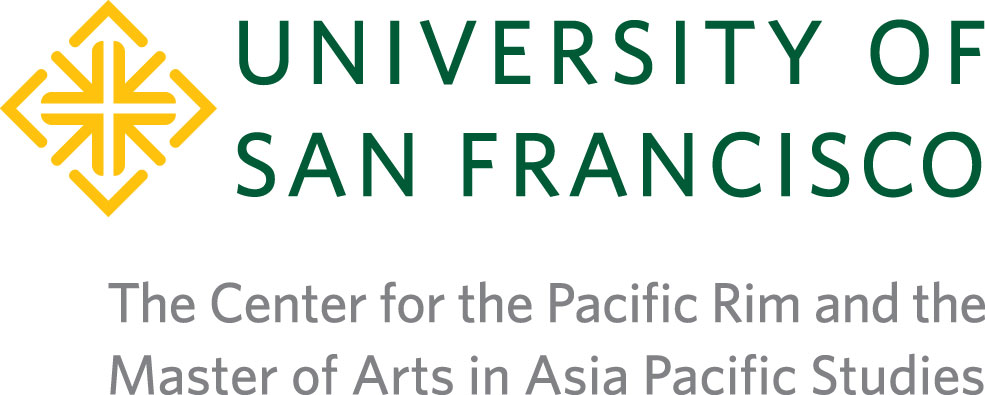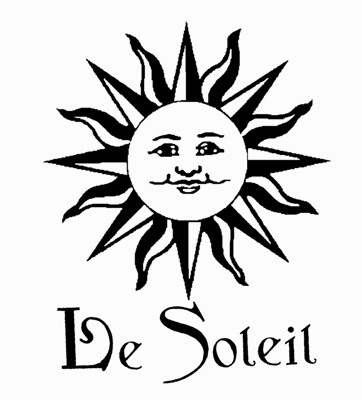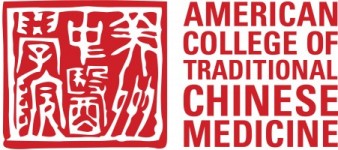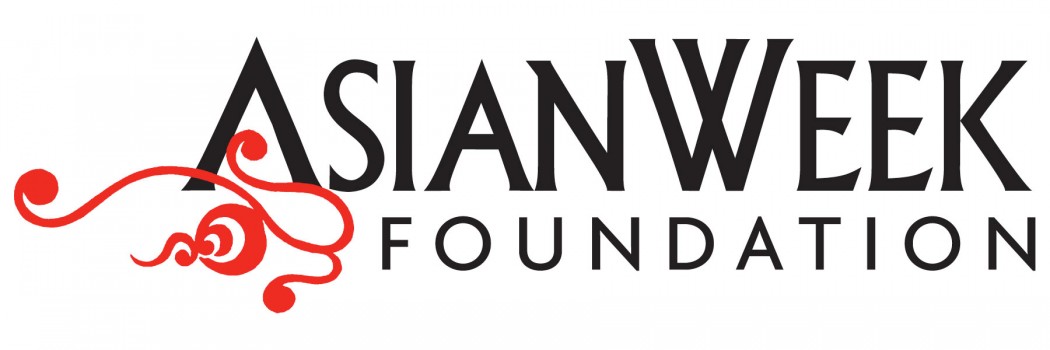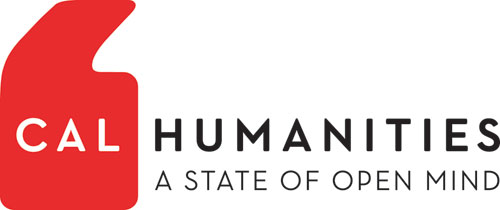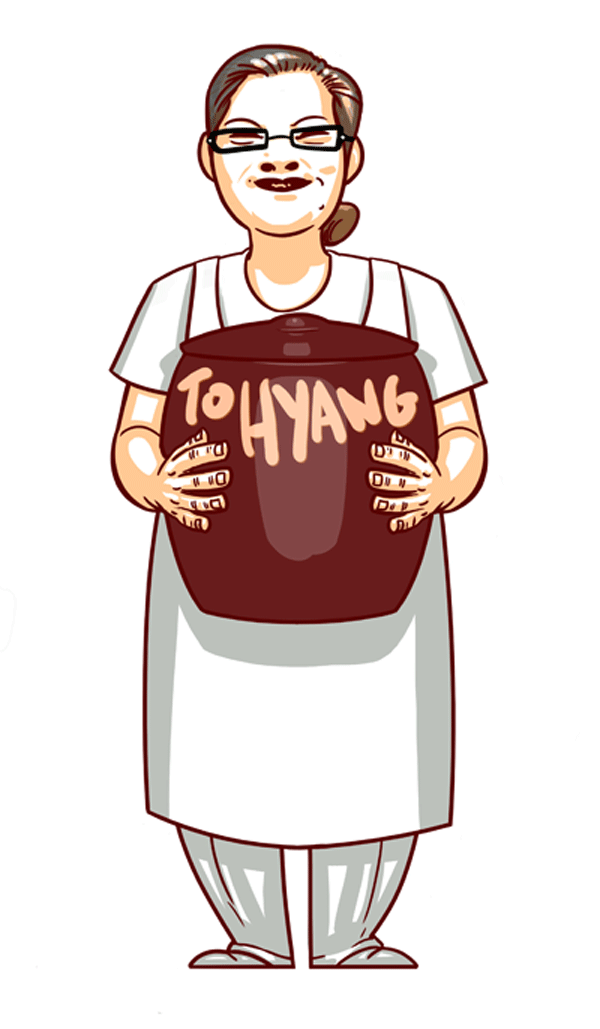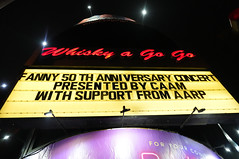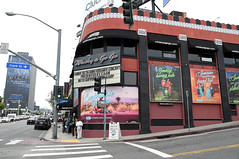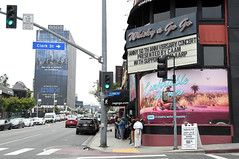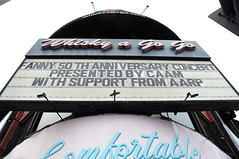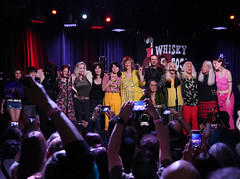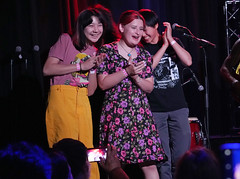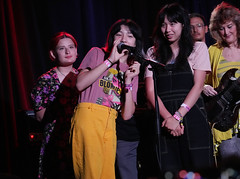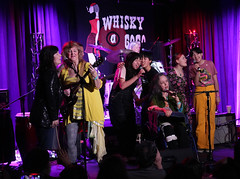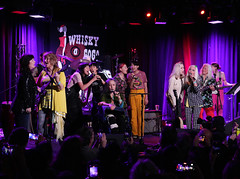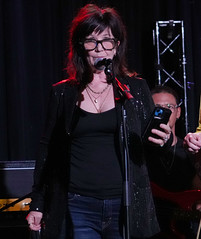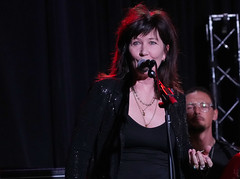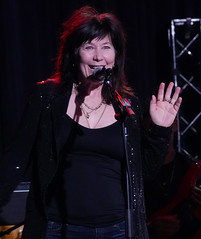Memoirs of a Superfan, Vol. 8.6: Ai, Ai, Tell ‘Em That is Human Nature
Tickets at RUSH for Seeking Asian Female
Saturday, March 23, 2013, at New People.
Check out the FREE Seeking Asian Female: So Beautiful Panel
Saturday, March 23, 2013 7:00 pm
Ai, Ai, Tell ‘Em That is Human Nature
By Ravi Chandra, M.D.
March 22, 2013
I sat down with Debbie Lum, director of the great new documentary SEEKING ASIAN FEMALE, which screens once more at CAAMFest, and is on Independent Lens in May (http://www.seekingasianfemale.com) There’s a panel discussion on the topic as well this weekend, with Phil Yu of Angry Asian Man, filmmaker and queer cinema scholar Professor Hoang Nguyen, and moderated by Nicole Wong of Hyphen Magazine. In April, Lum and her team will be putting up a series of webisodes and blogger commentary on the topic.
 In brief, Lum followed a self-professed Asiaphile for five years, on his quest to meet and marry an Asian woman. He uses online match-making sites to communicate with a woman from Anhui province, and she comes to the U.S., not speaking English, and he not speaking Chinese. The director, trying to maintain distance and neutrality behind the camera, is drawn into the relationship as a translator. It is a very personal movie, for all parties involved; Lum ends up having a journey during the film as well, as she moves from her preconceived notions based on a lifetime of being targeted by “Yellow Fever”, to an acceptance of this particular relationship, with all its nuances. “I ended up with a much more human story of two people relating to each other,” rather than a portrayal of right or wrong. “All of the ways I had thought about the issue had to be thought about differently after having filmed their story.”
In brief, Lum followed a self-professed Asiaphile for five years, on his quest to meet and marry an Asian woman. He uses online match-making sites to communicate with a woman from Anhui province, and she comes to the U.S., not speaking English, and he not speaking Chinese. The director, trying to maintain distance and neutrality behind the camera, is drawn into the relationship as a translator. It is a very personal movie, for all parties involved; Lum ends up having a journey during the film as well, as she moves from her preconceived notions based on a lifetime of being targeted by “Yellow Fever”, to an acceptance of this particular relationship, with all its nuances. “I ended up with a much more human story of two people relating to each other,” rather than a portrayal of right or wrong. “All of the ways I had thought about the issue had to be thought about differently after having filmed their story.”
Still, “We don’t like it when there are men out there objectifying us. (But) when you get older, you realize people make a lot of mistakes in making a relationship,” including making projections that don’t match with reality or don’t allow the person to be who they really are.
Since we know that Asian American women older than 65 and also between the ages of 15-24 have very high rates of depression and suicide, I wonder how these projections and internalizations affect mental health. I would argue that internalizing a devaluation – from family, society, or love interests – does profoundly impact mental health. Taking on a subtle aversion to Asian American identity affects both the person with the aversion and the people they come into contact with.
My sense is that this topic is less of a hot-button issue than it was when I was in college. Love is ultimately such a private issue – no one outside a particular relationship can ever completely know its ins and outs. Debbie Lum has given us the gift of the possibility of understanding, through the relatedness of Steve and Sandy. In the end, it is their capacity to relate that wins us over.
Ravi Chandra, M.D. is a psychiatrist and writer in San Francisco. You can find more of his writing and performance at www.RaviChandraMD.com, where he invites you to sign up for an occasional newsletter. His Pacific Heart blog is at Psychology Today, http://www.psychologytoday.com/blog/the-pacific-heart. On Twitter he is @going2peace.
-
http://www.facebook.com/ravi.chandra Ravi Chandra
-
http://www.facebook.com/ravi.chandra Ravi Chandra































